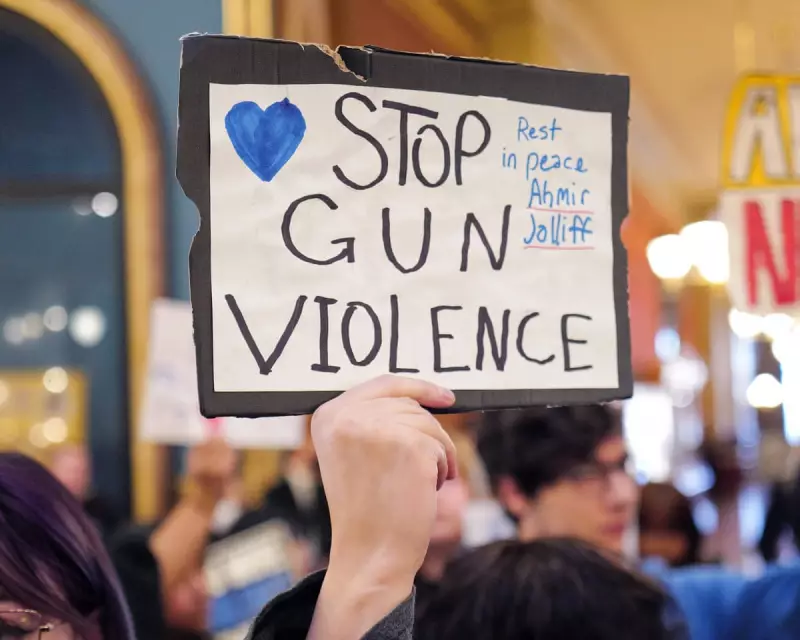
Dozens of community organisations dedicated to preventing gun violence have been unexpectedly disqualified from receiving millions in federal grants, raising serious questions about the accessibility of critical funding for those on the front lines of America's firearm crisis.
The mass disqualification has left many grassroots groups reeling, with some reporting they were eliminated for what they describe as minor technical errors in their applications. This development comes as communities nationwide grapple with escalating gun violence and increasingly desperate need for intervention programmes.
The Human Cost of Bureaucratic Hurdles
Among those affected are organisations that have been operating successfully for years, now facing potential closure or severe programme cuts. The disqualifications threaten to undermine community safety initiatives precisely when they're needed most.
"We've been working in these neighbourhoods for over a decade," said one director whose application was rejected. "To be disqualified over what amounts to a paperwork technicality feels like a betrayal of the communities we serve."
Systemic Barriers to Critical Funding
Analysis of the disqualification patterns reveals several concerning trends:
- Complex application requirements that favour larger, better-resourced organisations
- Insufficient support for smaller groups navigating federal grant processes
- Disqualifications for minor formatting or submission issues
- Limited appeal processes for rejected applications
These barriers disproportionately affect the very community-led organisations that often have the deepest connections and highest trust levels in the areas most impacted by gun violence.
Calls for Reform and Transparency
Advocates are now demanding greater transparency in the grant evaluation process and reforms to make funding more accessible to the organisations doing the most critical work. The current situation highlights the gap between policy intentions and practical implementation when it comes to supporting grassroots violence prevention efforts.
As the debate continues, community organisations face an uncertain future, with many wondering how they'll maintain their life-saving work without the promised federal support.





